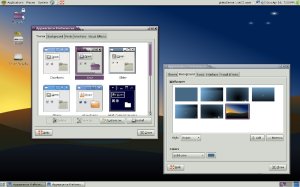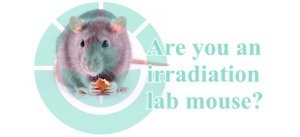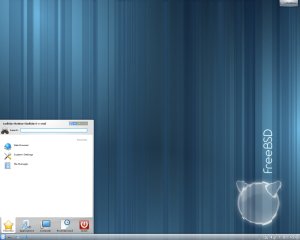Studies on melatonin have documented that the body’s own melatonin production helps us fall asleep, yet research on supplemental melatonin has been disappointing. What many have missed is that certain foods provide natural forms of melatonin, which have been shown to raise melatonin blood levels naturally and significantly aid sleep.
An abundance of research has linked higher melatonin levels with the ability to fall asleep. Yet this research has been done on the body’s own melatonin production. Melatonin production is stimulated by the pineal gland as the sun sets and the lights dim during the later evening. This helps us fall asleep, as melatonin helps slow down cellular metabolism.
Read More: melatonin production helps us fall asleep






You must be logged in to post a comment.